To begin my blog, I wanted to kind of overview what I am going to be taking about just so no one gets confused. I decided to write my post on the "philosophy" of the media. I put philosophy into quotes because I'm sure that many people will not necessarily relate the media to philosophy. I, however, do. I believe that many philosophers would have MANY strong words about the influence of the media on our society. If you really sit down and think about it, there are so many television shows and movies that portray life as an unattainable form of perfection. We as citizens also allow the media to influence the way we think, act, and feel. Everything we do now goes to social media websites or blogs. We want other people in the world to see exactly what we are doing, but mainly we want those people to approve of what we are doing. Everyone enjoys hearing praises about a cute outfit, or a smart blog post. This sense of happiness is not true. We are allowing ourselves to let society and "celebrities" determine how we live our lives. So many countless people before us did not even have the media to determine how they lived their lives. I do believe that they turned out just dandy, so why are we as a whole so obsessed with what the media says or how others view us. I will add that I too find myself often getting caught up in the media and "what's hot." The media gives us a false sense of what is right and wrong. One major issue I have is the idea of "Health" in the media realm. So many magazines picture young men and women that are not healthy in my eyes. These people that are seen as sex idols are simply disgusting. It looks as if they have not eaten in years and some men look as if they have taken steroids for years. And why do these people look like this you might ask? Well for social and public approval. The media shows people that this is what is wanted and what is viewed as acceptable in our society. Here is a quick video abut how the media distorts our perceptions of beauty. Trust me.. there are plenty more videos if you want to go look some up on youtube.
For example, these women shown above are some models that we see in the media. Obviously they are extremely underweight and look like they need a few cheeseburgers. These images are what we are showing the youth of today and telling them is actually attractive. EXCUSE ME... but I personally do not see how any of those women are the epitome of attractive. Sickly maybe, but definitely NOT attractive. This distorted view of the media is what is creating so many unheard of diseases in such young children. So many young teen girls are now having eating disorders in order to make their bodies look like those shown above. Sure a little healthy eating and some working out is good for you, but completely starving yourself or binging and purging is not a healthy lifestyle. These young girls are made fun of for being "overweight" if they are not a certain size. Many of these girls actually are not overweight, but bullying is a main problem. I personally think the bullying stems from the medias focus on "healthy" celebrities. Also if these children are not able to look like this they become depressed because they do not fit in according to society's standards. I guarentee you if any philosopher from the past were here today, there would be plenty said about the media. There are plenty of quotes showing how many people view the media. One quote by Jim Morrison stuck out to me. He stated, "Whoever controls the media, controls the mind." If you truly think about it, he is right. We all live our lives based on get gratification from somewhere. Whether that comes from our peers or from some higher being, we are constantly aware of how we look or what we say. Will Rogers stated, "All I know is just what I read in the papers, and that's an alibi for my ignorance." Everyone needs to realize that the media is generally deceptive for a reason. If they were not decptive, they could not get your money for things such as health magazines, health clubs, or even health foods. In the big picture, the media will only ruin us if we allow it to. There is no one in the media looking out for each of our personal interests. There is no one to protect us from the things we say to ourselves after seeing someone much more in shape than we are. The only way we can gaurd ourselves from this self-criticism is if we stop allowing the media to influence our every decision. We can not allow someone else to think for us, no matter what the subject. Each person was born with your own individual brain, so USE IT. Stop relying on the media to tell you what is attractive or "In" and whats ugly or "out." We must break outside of the "norm" and create our own world.
For those people out there that are having issues with the way you see yourself, there are ways to help. And just because one person might not care, that does not mean that there are not plenty of other people out there that care and want to help. There are numerous ways to get help or simply get someone to talk to. The media can try and influence us, but we must show it that we will not allow it to break us. Life is too precious to be worried about small things like how the media views us.




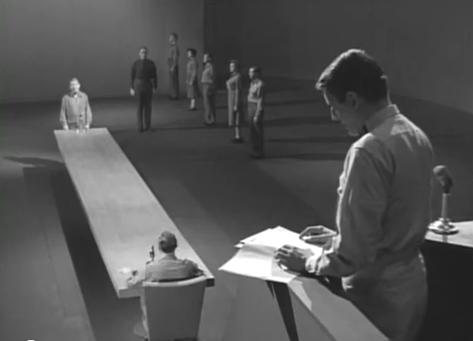
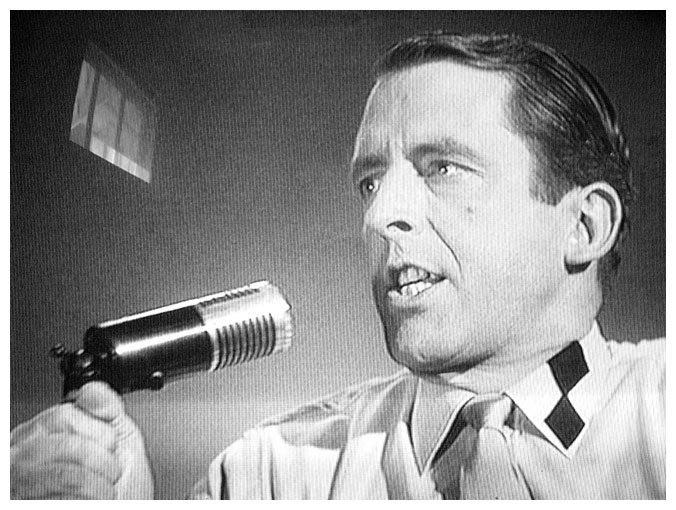

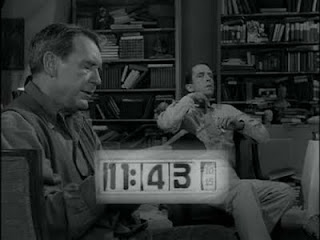
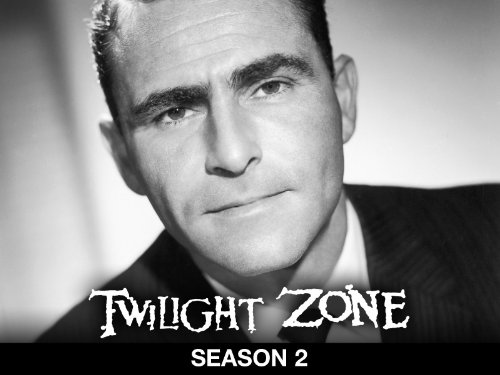



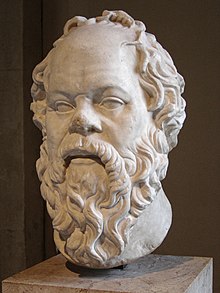




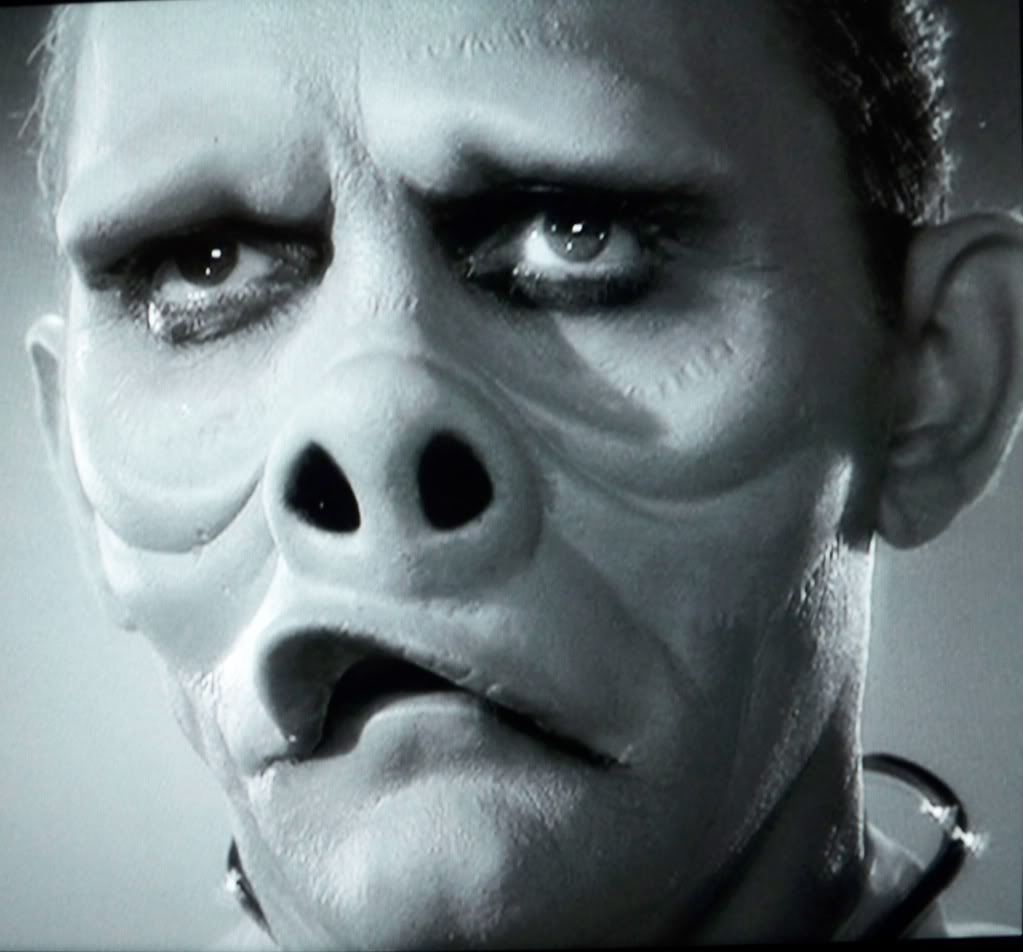




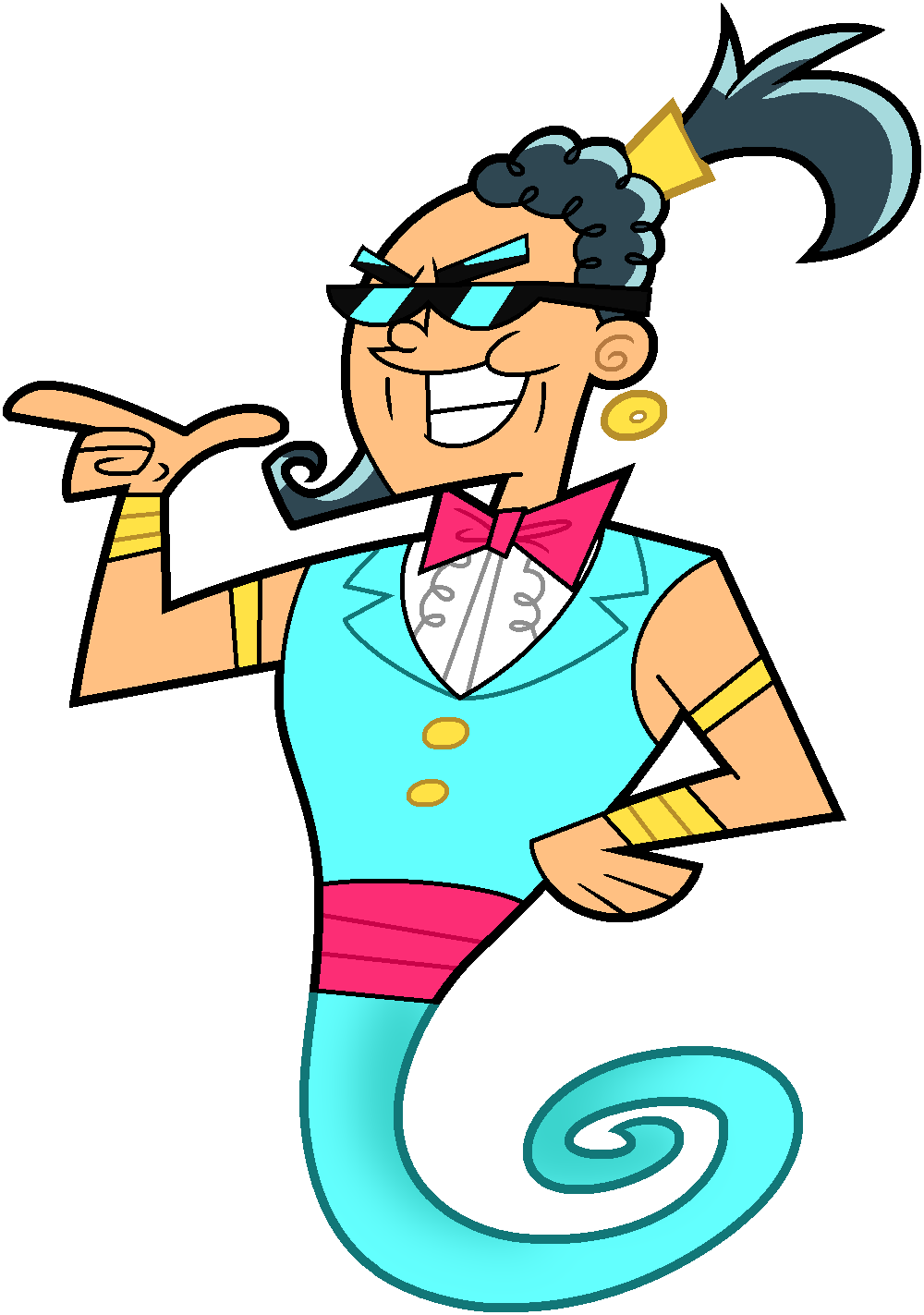
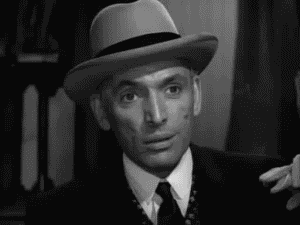











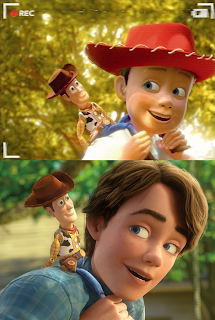


.jpg)
